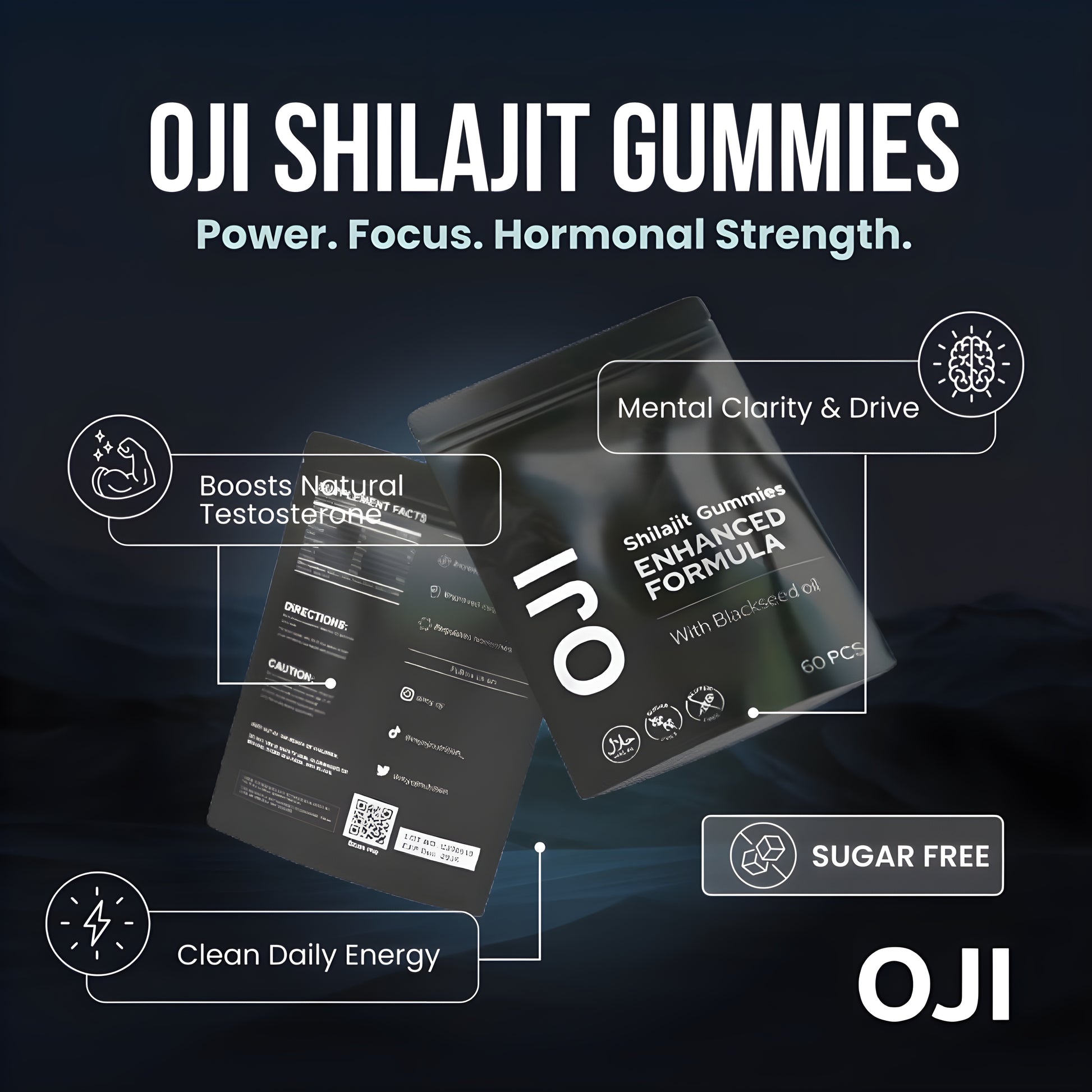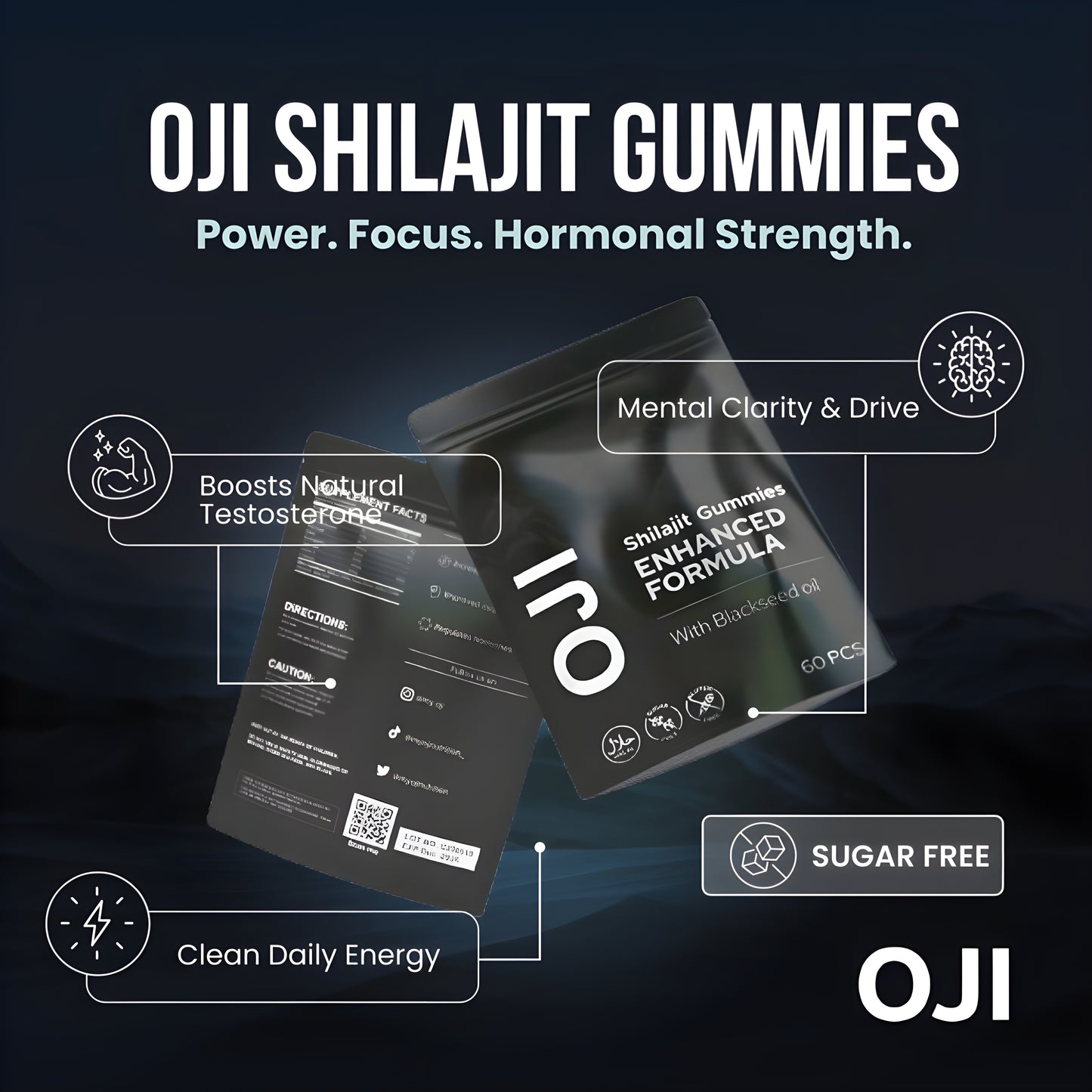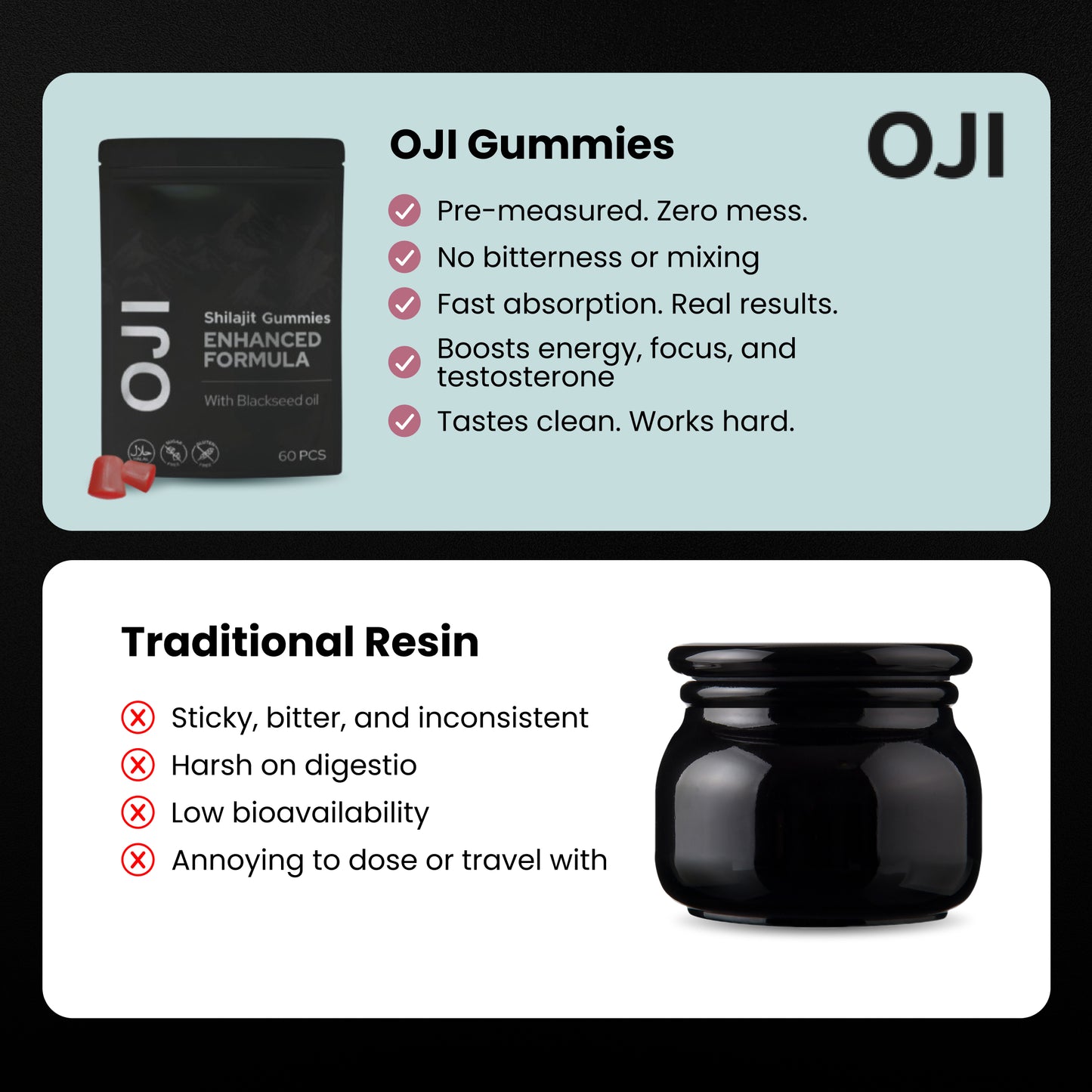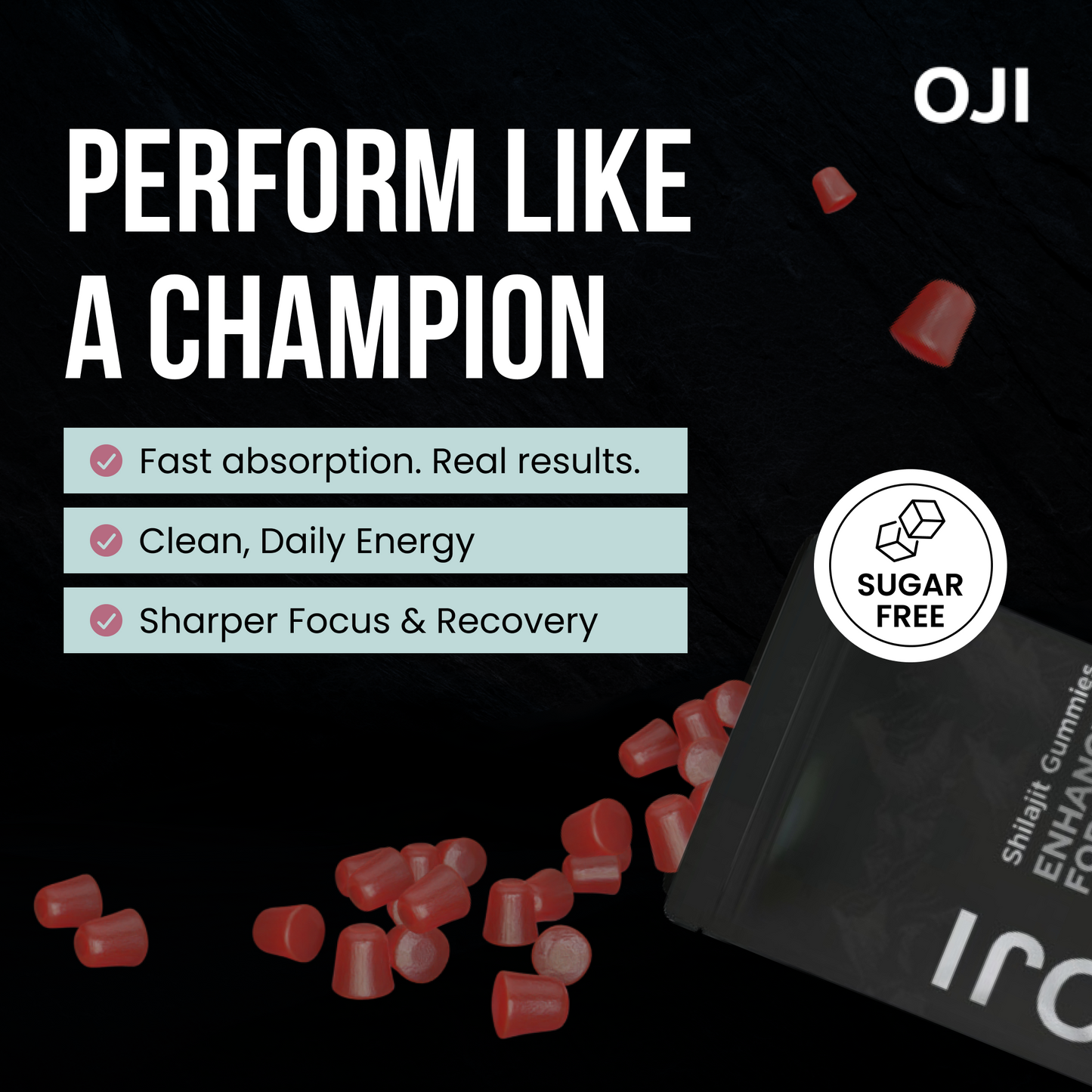Getting Started
Feeling constantly drained? Struggling with persistent fatigue? You're not alone. Millions experience debilitating tiredness, impacting their work, relationships, and overall well-being. This listicle explores the best supplements for fatigue, providing actionable strategies to reclaim your energy. We'll delve into the science-backed benefits, optimal dosages, and practical tips for incorporating these supplements into your daily routine.
This isn't about quick fixes or miracle cures. It's about understanding how specific nutrients can address underlying causes of fatigue, from nutrient deficiencies to hormonal imbalances and stress. Whether you're an athlete seeking peak performance, a professional battling brain fog, or simply someone looking for a natural energy boost, this guide offers valuable insights.
We'll cover a range of powerful supplements, including:
- Coenzyme Q10 (CoQ10)
- Iron
- Vitamin B12 (Methylcobalamin)
- Rhodiola Rosea
- Magnesium
- Ashwagandha
- Vitamin D3
- Creatine Monohydrate
By understanding the mechanisms and benefits of these supplements, you can make informed choices to support your energy levels and overall health. This comprehensive guide cuts through the noise, providing clear, concise information to help you choose the best supplements for fatigue and reclaim your vitality. We'll equip you with the knowledge to integrate these supplements effectively, maximizing their potential benefits. This information is particularly relevant for UK residents, considering regional dietary habits and supplement availability.
1. Coenzyme Q10 (CoQ10)
Coenzyme Q10 (CoQ10) is a naturally occurring compound found in every cell of your body, playing a vital role in energy production. Specifically, it's crucial for the function of mitochondria, the powerhouses of your cells, where it helps convert nutrients into ATP (adenosine triphosphate), the primary energy currency for cellular processes. As we age, CoQ10 levels naturally decline, potentially contributing to fatigue and decreased cellular energy production, making supplementation a valuable strategy for restoring optimal energy levels. This makes CoQ10 a strong contender among the best supplements for fatigue.
CoQ10 and Fatigue: Evidence and Examples
Research supports CoQ10's efficacy in combating fatigue across various conditions. Studies have shown that supplementing with 100-300mg of CoQ10 daily improved fatigue scores in patients with fibromyalgia. Furthermore, heart failure patients experienced increased exercise capacity with CoQ10 supplementation. Even cancer patients undergoing chemotherapy, often plagued by severe fatigue, reported significant relief with CoQ10. These diverse applications highlight the broad potential of CoQ10 to combat fatigue.
Optimizing CoQ10 Supplementation: Practical Tips
To maximize the benefits of CoQ10 for fatigue, consider these practical tips:
- Absorption: Take CoQ10 with meals containing healthy fats for improved absorption.
- Dosage: Start with 100mg daily and gradually increase if needed, up to 300mg.
- Form: Choose the ubiquinol form for better bioavailability, particularly if you are over 40.
- Storage: Store CoQ10 in a cool, dry place away from direct light.
The infographic below summarizes these key points for quick reference.
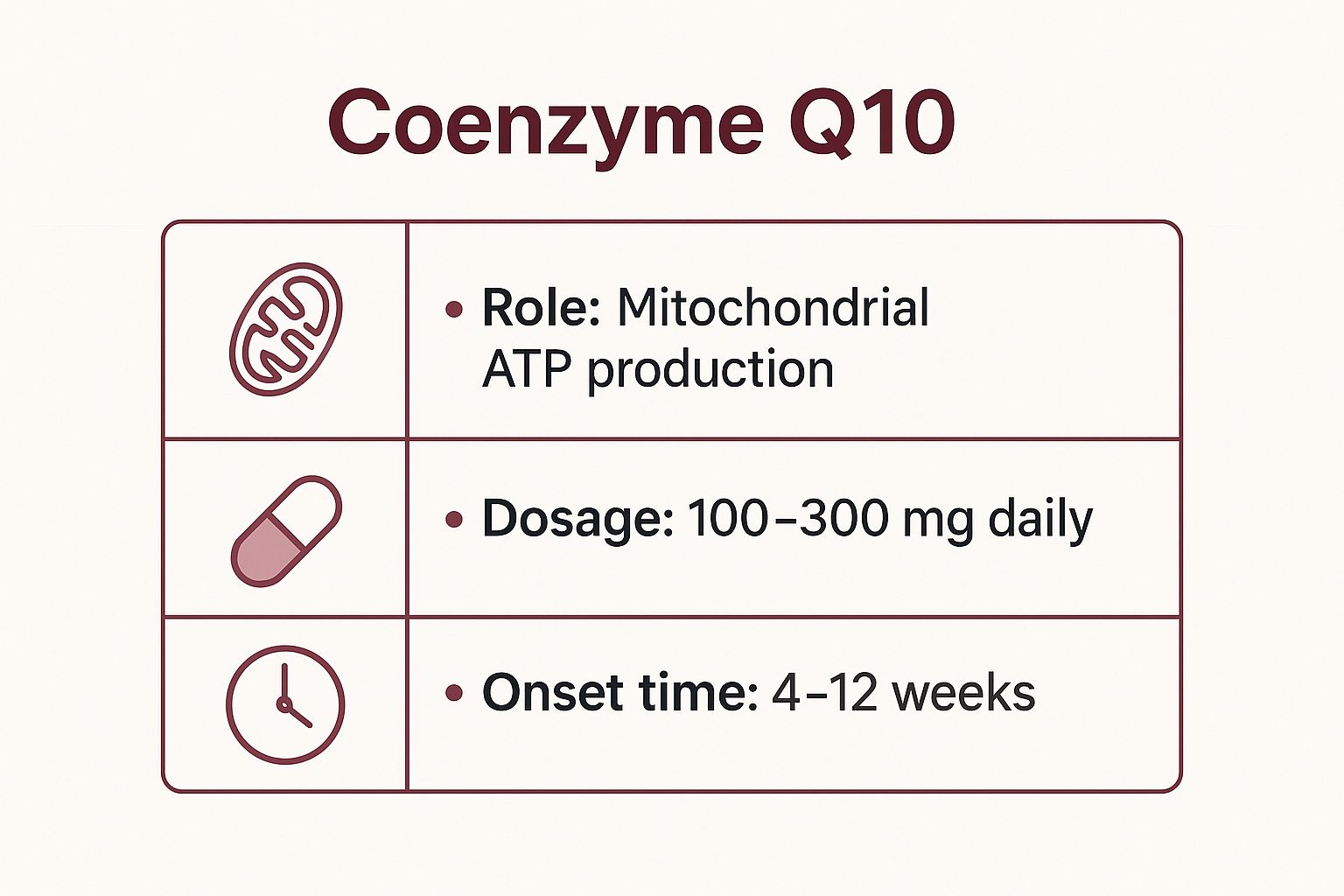
The infographic clearly outlines CoQ10's role in mitochondrial ATP production, its recommended dosage range, and the typical onset time for experiencing benefits. Remembering these key details can help you effectively incorporate CoQ10 into your routine for optimal fatigue management.
When and Why to Consider CoQ10
CoQ10 is a particularly relevant supplement for individuals experiencing fatigue related to aging, certain medical conditions, or strenuous physical activity. If you're seeking natural energy support, or are over 25 and concerned about maintaining vitality, CoQ10 may be a beneficial addition. It's also a valuable tool for athletes and fitness enthusiasts looking to boost stamina, and professionals striving for improved mental clarity and stress relief. It's important to consult with a healthcare professional to determine if CoQ10 is appropriate for your individual needs.
2. Iron
Iron is an essential mineral crucial for energy production. It forms the core of hemoglobin, the protein in red blood cells responsible for carrying oxygen from the lungs to tissues throughout the body. Adequate oxygen delivery is vital for cellular respiration, the process that converts nutrients into ATP, the body's primary energy currency. Without sufficient iron, this process falters, leading to fatigue, weakness, and decreased cognitive function. This makes iron a key player among the best supplements for fatigue, especially for those with a deficiency.
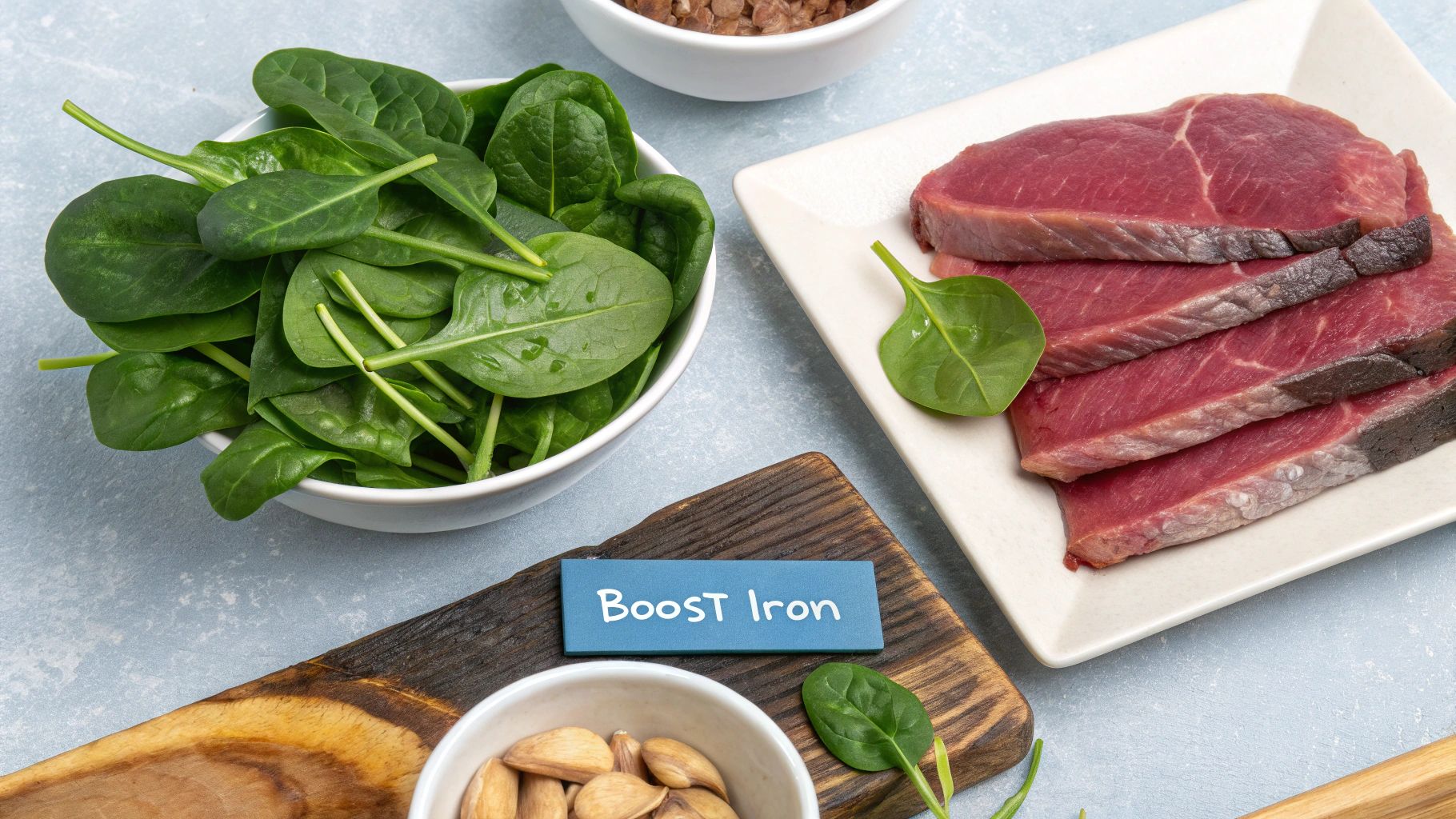
Iron and Fatigue: Evidence and Examples
Numerous studies demonstrate the link between iron deficiency and fatigue, and the positive impact of supplementation. Research shows that women with iron deficiency anemia experience significant improvements in fatigue levels after just six weeks of iron supplementation. Athletes with low iron stores also report improved endurance and performance following iron therapy. Furthermore, postpartum women, often susceptible to iron deficiency, frequently note increased energy levels with iron supplementation.
Optimizing Iron Supplementation: Practical Tips
To maximize the benefits of iron supplementation and minimize potential side effects, consider these practical tips:
- Testing: Get your ferritin (iron stores) and complete blood count tested before starting any iron supplement to determine if you're truly deficient.
- Absorption: Take iron on an empty stomach with a source of vitamin C, such as orange juice, to enhance absorption.
- Avoid Interference: Avoid consuming calcium, coffee, or tea within two hours of taking iron, as these can inhibit absorption.
- Gentle Form: Opt for iron bisglycinate, a gentler form of iron, to minimize common side effects like constipation.
When and Why to Consider Iron
Iron supplementation is particularly important for individuals at higher risk of deficiency, including women of childbearing age, pregnant women, vegetarians, vegans, and frequent blood donors. If you experience persistent fatigue, weakness, pale skin, or shortness of breath, it's crucial to consult with a healthcare professional to assess your iron levels and determine if supplementation is necessary. Addressing an underlying iron deficiency can significantly improve energy levels and overall well-being. Always consult a doctor before starting any new supplement regimen, especially if you have pre-existing health conditions.
3. Vitamin B12 (Methylcobalamin)
Vitamin B12 (methylcobalamin) is a crucial water-soluble vitamin necessary for red blood cell formation, neurological function, and DNA synthesis. It plays a vital role in energy production, specifically within the mitochondria, by facilitating the conversion of food into usable energy. B12 is also essential for nerve health, contributing to optimal nervous system function and reducing the risk of fatigue related to nerve damage. A deficiency in B12, even mild, can lead to significant fatigue, weakness, and cognitive impairment, making it a key nutrient to consider when addressing persistent tiredness. This makes B12 one of the best supplements for fatigue, particularly for specific populations.
B12 and Fatigue: Evidence and Examples
B12 deficiency is surprisingly common, particularly among vegetarians, vegans, older adults, and individuals with digestive disorders. This prevalence underscores the importance of considering B12 status when experiencing fatigue. Research demonstrates the positive impact of B12 supplementation on energy levels in deficient individuals. For example, studies have shown vegans supplementing with B12 experience marked improvements in fatigue within two weeks. Elderly patients with subclinical B12 deficiency also report improvements in both cognitive function and energy levels after supplementation. Further, patients with pernicious anemia, a condition affecting B12 absorption, often require lifelong B12 injections for energy maintenance. These examples highlight the significant role of B12 in combating fatigue.
Optimizing B12 Supplementation: Practical Tips
To ensure effective B12 supplementation for fatigue, consider these practical tips:
- Testing: Test your B12 and methylmalonic acid levels before supplementing to confirm a deficiency.
- Form: Choose methylcobalamin or adenosylcobalamin over cyanocobalamin for better bioavailability and utilization.
- Absorption: Opt for sublingual or injectable forms to bypass potential absorption issues in the digestive tract.
- Synergy: Take B12 with folate to prevent masking a potential folate deficiency, as these vitamins work closely together.
When and Why to Consider B12
Vitamin B12 supplementation is especially relevant for individuals experiencing fatigue related to a diagnosed deficiency, those following a vegan or vegetarian diet, older adults, and those with conditions affecting B12 absorption. If you're experiencing unexplained fatigue, especially alongside neurological symptoms like tingling or numbness, it's crucial to consult a healthcare professional to assess your B12 levels. Addressing a potential deficiency can significantly improve energy levels and overall well-being. Furthermore, individuals over 50 should consider regular B12 checks due to age-related declines in absorption.
4. Rhodiola Rosea
Rhodiola rosea is an adaptogenic herb native to cold regions of Europe and Asia, traditionally used to combat fatigue and enhance physical and mental performance. It's known for its ability to support the body's response to stress by modulating the hypothalamic-pituitary-adrenal (HPA) axis. This complex system plays a crucial role in managing stress hormones, and rhodiola helps to optimize its function, reducing the negative impact of stress on energy levels. The herb's active compounds, rosavins and salidroside, are believed to be key players in these anti-fatigue effects, making rhodiola a powerful supplement for those seeking natural energy support.

Rhodiola and Fatigue: Evidence and Examples
Research suggests that rhodiola can be one of the best supplements for fatigue, demonstrating its effectiveness in various situations. Medical students taking rhodiola showed improved mental performance and reduced fatigue during exam periods. Shift workers experienced similar benefits, with rhodiola supplementation leading to improved attention and reduced fatigue during long or irregular work hours. Athletes have also reported enhanced endurance and faster recovery times after incorporating rhodiola into their training regimes. These diverse applications showcase rhodiola's broad potential to combat fatigue and enhance performance.
Optimizing Rhodiola Supplementation: Practical Tips
To maximize the benefits of rhodiola for fatigue, consider the following:
- Timing: Take rhodiola on an empty stomach approximately 30 minutes before breakfast.
- Standardization: Look for standardized extracts containing 3% rosavins and 1% salidroside for consistent potency.
- Dosage: Start with lower doses (e.g., 100-200mg) and gradually increase as needed, under the guidance of a healthcare professional.
- Cycling: Cycle usage with 6-8 weeks on and 2-4 weeks off to maintain effectiveness and prevent tolerance.
When and Why to Consider Rhodiola
Rhodiola is a particularly relevant supplement for individuals experiencing stress-related fatigue, mental or physical burnout, or those seeking to enhance their performance. If you're struggling with consistent energy levels, or are an athlete aiming to boost stamina, rhodiola could be beneficial. It's also a valuable option for professionals seeking improved mental clarity and stress management. Consulting with a healthcare professional is recommended to determine the appropriate dosage and assess potential interactions with any existing medications.
5. Magnesium
Magnesium is an essential mineral crucial for over 300 enzymatic reactions in the body, impacting everything from energy production and protein synthesis to muscle function and nerve transmission. It plays a vital role in converting food into usable energy, and its deficiency can significantly impair this process, leading to fatigue. Surprisingly common, magnesium deficiency affects a substantial portion of the population in developed countries, often due to depleted soil and the prevalence of processed foods. This makes magnesium one of the best supplements for fatigue for many individuals. Learn more about the benefits of trace minerals like magnesium at myoji.co.uk/blogs/news/benefits-of-trace-minerals.
Magnesium and Fatigue: Evidence and Examples
Research consistently demonstrates magnesium's positive impact on fatigue levels across various groups. Studies have shown that women experiencing PMS-related fatigue often find relief with magnesium supplementation. Athletes with low magnesium levels have demonstrated enhanced performance after incorporating magnesium into their regimen. Furthermore, individuals with chronic fatigue syndrome have reported improvements in both sleep quality and overall energy levels with magnesium supplementation. These findings underscore magnesium's broad potential for combating fatigue.
Optimizing Magnesium Supplementation: Practical Tips
To maximize the benefits of magnesium for fatigue, consider these practical tips:
- Absorption: Opt for chelated forms like magnesium glycinate or magnesium citrate for enhanced absorption. Magnesium citrate can also be beneficial if constipation is a concern.
- Dosage: Consult with a healthcare professional to determine the optimal dosage for your individual needs.
- Tolerance: Split your daily dose into two or three smaller doses throughout the day to improve tolerance and minimize potential stomach upset.
- Meal Timing: Take magnesium with meals to further reduce the possibility of gastrointestinal discomfort.
When and Why to Consider Magnesium
Magnesium is a particularly relevant supplement for individuals experiencing fatigue related to stress, poor sleep, intense physical activity, or a diet low in magnesium-rich foods like leafy greens, nuts, and seeds. If you're seeking natural energy support, or experience muscle cramps or restless legs, magnesium may be a beneficial addition to your routine. It's also a valuable tool for athletes looking to optimize performance and professionals striving for improved mental clarity. Always consult with a healthcare professional before starting any new supplement regimen, especially if you have underlying health conditions or are taking other medications.
6. Ashwagandha
Ashwagandha (Withania somnifera) is a powerful adaptogenic herb used in Ayurvedic medicine for over 3,000 years. It helps combat fatigue by reducing cortisol levels, supporting adrenal function, and improving the body's resilience to stress. The herb contains compounds called withanolides, responsible for many of its therapeutic effects, including reducing stress-related fatigue and improving energy levels. This makes ashwagandha one of the best supplements for fatigue, particularly for those struggling with stress. You can learn more about ashwagandha for stress at this link.
Ashwagandha and Fatigue: Evidence and Examples
Research demonstrates ashwagandha's effectiveness in alleviating fatigue. One study found that chronically stressed adults showed a 27% reduction in cortisol levels after supplementing with ashwagandha. Students taking ashwagandha during exam periods reported less fatigue and better focus. Furthermore, adults with chronic fatigue experienced significant energy improvements after 8 weeks of supplementation. These examples highlight ashwagandha's potential to address fatigue from various sources.
Optimizing Ashwagandha Supplementation: Practical Tips
To maximize the benefits of ashwagandha for fatigue, consider the following:
- Absorption: Take ashwagandha with meals to enhance absorption and minimize potential stomach upset.
- Standardization: Look for standardized extracts with at least 5% withanolides for consistent potency.
- Timing: Ashwagandha may have calming effects, so it's often best taken in the evening.
- Dosage: Start with a lower dose and gradually increase as needed, following product instructions.
When and Why to Consider Ashwagandha
Ashwagandha is particularly beneficial for individuals experiencing fatigue related to chronic stress, adrenal dysfunction, or demanding lifestyles. If you're struggling with burnout, difficulty concentrating, or low energy due to stress, ashwagandha could be a valuable addition to your routine. Consult with a healthcare professional to determine if ashwagandha is suitable for your specific needs and health status.
7. Vitamin D3
Vitamin D3 (cholecalciferol) is a fat-soluble vitamin that acts more like a hormone in the body. Receptors for vitamin D are found in almost every tissue, highlighting its widespread influence. Vitamin D deficiency is remarkably common, particularly in northern climates like the UK and among those who spend limited time outdoors. Low vitamin D levels are strongly linked to fatigue, muscle weakness, and seasonal affective disorder (SAD), making supplementation a crucial strategy for maintaining optimal energy levels and combating fatigue. This makes vitamin D3 one of the best supplements for fatigue, especially during the darker months.
Vitamin D3 and Fatigue: Evidence and Examples
Numerous studies demonstrate the link between vitamin D status and fatigue. Research shows that supplementing with vitamin D3 can significantly improve fatigue levels in individuals with deficiencies. One study found that patients with vitamin D deficiency experienced notable fatigue improvement after just eight weeks of supplementation. Similarly, healthcare workers with low vitamin D levels reported reduced winter fatigue after supplementing with vitamin D3. Furthermore, studies in elderly individuals with vitamin D deficiency have shown improvements in muscle strength and overall energy levels following supplementation.
Optimizing Vitamin D3 Supplementation: Practical Tips
To get the most out of vitamin D3 supplementation for fatigue, consider the following tips:
- Testing: Test your 25-hydroxyvitamin D levels before starting supplementation and periodically during to monitor your progress. This allows for personalized dosing.
- Absorption: Take vitamin D3 with meals containing healthy fats to enhance absorption.
- Target Levels: Aim for blood levels between 30-50 ng/mL (75-125 nmol/L). Consult with your GP or a registered dietitian to determine the optimal dosage for you.
- Synergy: Consider taking vitamin D3 with vitamin K2 for optimal calcium metabolism and bone health.
When and Why to Consider Vitamin D3
Vitamin D3 is particularly important for individuals living in the UK, where sunlight is limited, especially during winter. If you experience fatigue, muscle weakness, or low mood during the darker months, vitamin D3 could be beneficial. It's also a valuable supplement for those who spend little time outdoors, have limited dietary sources of vitamin D, or have certain medical conditions that affect vitamin D absorption. Consult with a healthcare professional to determine if vitamin D3 is appropriate for your specific needs and to discuss suitable dosage.
8. Creatine Monohydrate
Creatine monohydrate is a naturally occurring compound found primarily in muscle tissue. It plays a crucial role in rapid energy production during high-intensity activities. Creatine works by increasing phosphocreatine stores in muscles, which are rapidly converted to ATP, the primary energy currency of cells, during periods of high energy demand. While primarily known for enhancing athletic performance, creatine can also combat general fatigue, especially mental fatigue and brain fog, making it one of the best supplements for fatigue. This benefit extends beyond athletes to anyone seeking improved energy levels.
Creatine and Fatigue: Evidence and Examples
Research demonstrates creatine's efficacy in reducing fatigue in various populations. Studies have shown vegetarians, who often have lower creatine levels due to dietary restrictions, experience significant improvements in cognitive fatigue with creatine supplementation. Older adults also benefit from creatine, experiencing improved muscle strength and reduced fatigue. Even sleep-deprived individuals maintain better cognitive performance with creatine, highlighting its potential for combating mental fatigue. To learn more about natural energy supplements including creatine, check out this resource: Learn more about creatine and other top natural energy supplements.
Optimizing Creatine Supplementation: Practical Tips
To maximize the benefits of creatine, consider these practical tips:
- Loading Phase: Consume 20g daily for 5 days to rapidly saturate muscle creatine stores, followed by a 5g daily maintenance dose.
- Alternative Approach: Take 5g daily without a loading phase. This method takes 3-4 weeks to reach full saturation.
- Absorption Enhancement: Consume creatine with carbohydrates to improve uptake into muscle cells.
- Hydration: Stay well-hydrated during supplementation.
When and Why to Consider Creatine
Creatine is particularly beneficial for individuals experiencing fatigue related to intense physical activity, aging, or cognitive demanding tasks. If you're an athlete seeking enhanced performance, an older adult looking to maintain muscle strength, or someone struggling with mental fatigue, creatine might be a valuable addition. It's also a useful tool for vegetarians and vegans who may have lower creatine levels due to dietary choices. Consult with a healthcare professional to determine if creatine is appropriate for your individual circumstances.
Top 8 Supplements for Fatigue Comparison
| Item | Implementation Complexity 🔄 | Resource Requirements 📊 | Expected Outcomes ⭐📊 | Ideal Use Cases 💡 | Key Advantages ⚡💡 |
|---|---|---|---|---|---|
| Coenzyme Q10 (CoQ10) | Moderate — requires fat intake, 4-12 weeks onset | Relatively high cost; fat for absorption | Improved cellular energy, reduced fatigue, heart support | Chronic fatigue, cardiovascular support, aging-related energy decline | Powerful antioxidant; supports mitochondria; well-tolerated |
| Iron | Moderate — requires testing, absorption considerations | Low cost, widely available | Rapid fatigue improvement in deficiency (2-4 weeks) | Iron-deficiency anemia, cognitive and physical fatigue | Essential for oxygen transport; inexpensive; fast acting |
| Vitamin B12 (Methylcobalamin) | Low — multiple delivery forms, quick onset (1-2 weeks) | Variable cost; testing advised | Rapid fatigue resolution if deficient; cognitive support | Vegetarians/vegans, elderly, GI absorption issues | Safe at high doses; multiple forms; supports nerves and blood |
| Rhodiola Rosea | Low-Moderate — standardized extracts needed; 1-2 weeks onset | Moderate cost; quality varies | Improved mental and physical fatigue, cognitive boost | Stress-related fatigue, cognitive performance under stress | Adaptogen; fast-acting; well-tolerated |
| Magnesium | Low — multiple forms, gradual effects (2-4 weeks) | Low cost; widely available | Improved muscle function, sleep quality, subtle energy gains | Muscle fatigue, sleep-related fatigue, stress | Addresses multiple fatigue causes; inexpensive; sleep benefits |
| Ashwagandha | Moderate — standardized extracts, gradual build-up (2-4 weeks) | Moderate cost, quality important | Reduced stress fatigue, improved sleep and energy | Chronic stress, adrenal fatigue, physical performance | Adaptogen; supports cortisol regulation; generally safe |
| Vitamin D3 | Low — fat soluble, slow onset (6-12 weeks) | Low cost; requires testing | Improved energy, mood, muscle strength | Deficiency-related fatigue, seasonal affective disorder | Widely deficient; mood and immune benefits; inexpensive |
| Creatine Monohydrate | Low — loading phase optional, fast onset (1-4 weeks) | Low cost; widely available | Enhanced physical and mental energy and cognition | High-intensity fatigue, mental fatigue, brain fog | Extensively researched; benefits physical and cognitive energy |
Final Thoughts
Combating fatigue requires a multifaceted approach, and nutritional support plays a crucial role. This guide explored eight powerful supplements that can help restore your energy levels naturally. From CoQ10 supporting cellular energy production to Rhodiola Rosea combating stress-induced fatigue, each supplement offers unique benefits. Remember that individual responses vary, so finding the right combination for your specific needs is key.
Key Takeaways and Practical Application
- Prioritize Nutrient Deficiencies: Addressing deficiencies in iron, vitamin B12, and vitamin D is fundamental for optimal energy. Testing is crucial to determine your individual needs.
- Adapt to Your Lifestyle: For fitness enthusiasts, creatine can boost performance, while professionals facing mental fatigue might benefit from ashwagandha's stress-reducing properties. Consider your specific demands when choosing a supplement.
- Combine Wisely: Certain supplements can work synergistically. For example, magnesium supports healthy sleep, enhancing the restorative benefits of other supplements.
Empowering Yourself Through Informed Choices
Understanding the mechanisms behind these supplements empowers you to make informed decisions about your health. Don't just treat the symptoms - address the underlying causes of fatigue. By optimising your nutrition and incorporating targeted supplementation, you can regain control of your energy levels and enhance your overall well-being. This approach moves beyond quick fixes and emphasizes sustainable, long-term vitality.
Next Steps: Building Your Fatigue-Fighting Strategy
Start by identifying your primary fatigue triggers and lifestyle factors. Consult with a healthcare professional or registered dietitian, particularly if you have pre-existing health conditions or are taking other medications. They can help you determine appropriate dosages and ensure safe and effective supplementation.
A holistic approach combining lifestyle modifications, stress management techniques, and targeted supplementation will yield the best results. Remember consistency is crucial. Give your body time to adjust and observe the impact of each supplement before adding another. This allows you to pinpoint what works best for you.
Feeling constantly drained can significantly impact your quality of life. By taking proactive steps to address fatigue, you invest in your overall health and well-being. You can reclaim your energy, focus, and zest for life.
To further support your journey towards sustained energy and vitality, consider exploring Oji Shilajit. This potent adaptogen, rich in fulvic acid and minerals, can help combat fatigue and enhance overall well-being. Learn more and discover the potential benefits of Oji Shilajit at Oji Shilajit.


